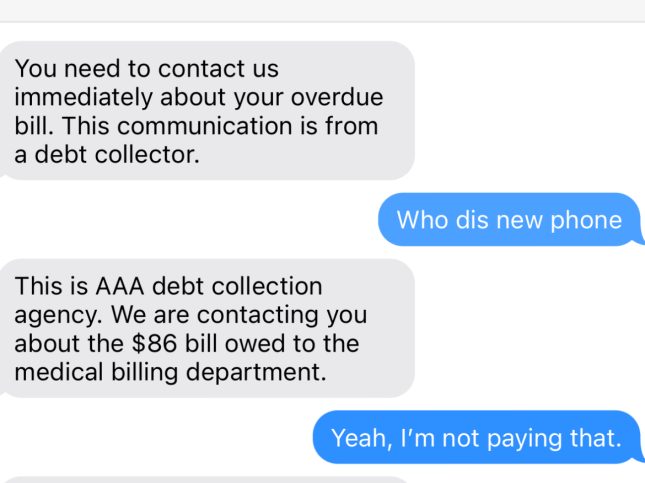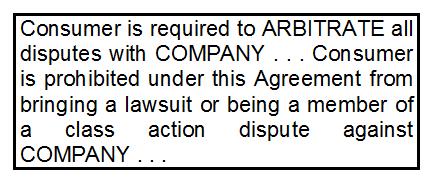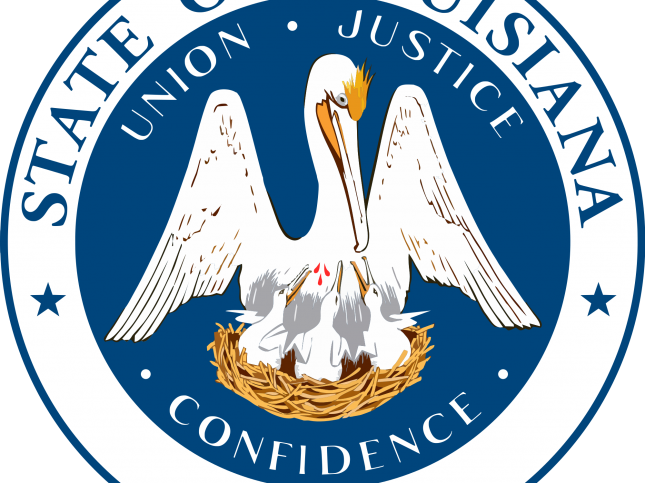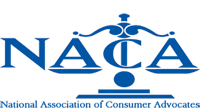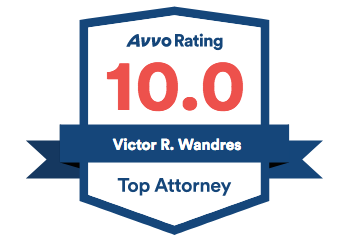Ask a Lawyer: Which Debt Collectors are covered under the FDCPA?
Dear Consumer Protection Attorney:
I have several debt collectors calling me. While some of the callers are from my credit card company, other are from companies that claim to be collecting on behalf of my credit card. Some of the calls are very harassing. They call before 8am or sometimes after 9pm. They leave messages on my cell phone and don’t disclose who they are. They have also called me at work after I told them to not call me there. I know that the FDCPA gives me certain rights as a consumer and limits the behavior of these debt collectors, right? What can I do to stop this madness?
Signed, A Consumer in Tulsa
[divider_line]
Dear Tulsa Consumer:
Under the Fair Debt Collection Practices Act (FDCPA), a debt collector is defined as someone who regularly collects debts owed to others. This includes collection agencies, lawyers who collect debts on a regular basis, and companies that buy delinquent debts and then try to collect them. It does not apply to companies attempting to collect their own delinquent debts. Therefore, Chase Bank, for example, would not normally be subject to the laws under the FDCPA. However, Asset Acceptance, LVNV, Midland Funding, Portfolio Recovery Associates, Unifund, etc., a debt collectors that may buy debt from Chase Bank, would all be subject to the provisions of the FDCPA.
A debt collector may not contact you at inconvenient times or places, such as before 8 in the morning or after 9 at night, unless you agree to it. And collectors may not contact you at work if they’re told (orally or in writing) that you’re not allowed to get calls there.
If a collector contacts you about a debt, you may want to talk to them at least once to see if you can resolve the matter – even if you don’t think you owe the debt, can’t repay it immediately, or think that the collector is contacting you by mistake. If you decide after contacting the debt collector that you don’t want the collector to contact you again, tell the collector – in writing – to stop contacting you. Here’s how to do that:
Make a copy of your letter. Send the original by certified mail, and pay for a “return receipt” so you’ll be able to document what the collector received. Save the “green card” when it comes back and staple to the copy of the letter you sent them. You now have proof that the collector received your letter. Once the collector receives your letter, they may not contact you again, with two exceptions: a collector can contact you to tell you there will be no further contact or to let you know that they or the creditor intend to take a specific action, like filing a lawsuit. Sending such a letter to a debt collector you owe money to does not get rid of the debt, but it should stop the contact. The creditor or the debt collector still can sue you to collect the debt.
If a debt collector contacts you again after you send the “cease and desist” letter, or calls you at work after you have told them orally to not call you at work, contact Collection Helpdesk at Paramount Law. At no cost to you, we can make the debt collector pay you for their mistake.

